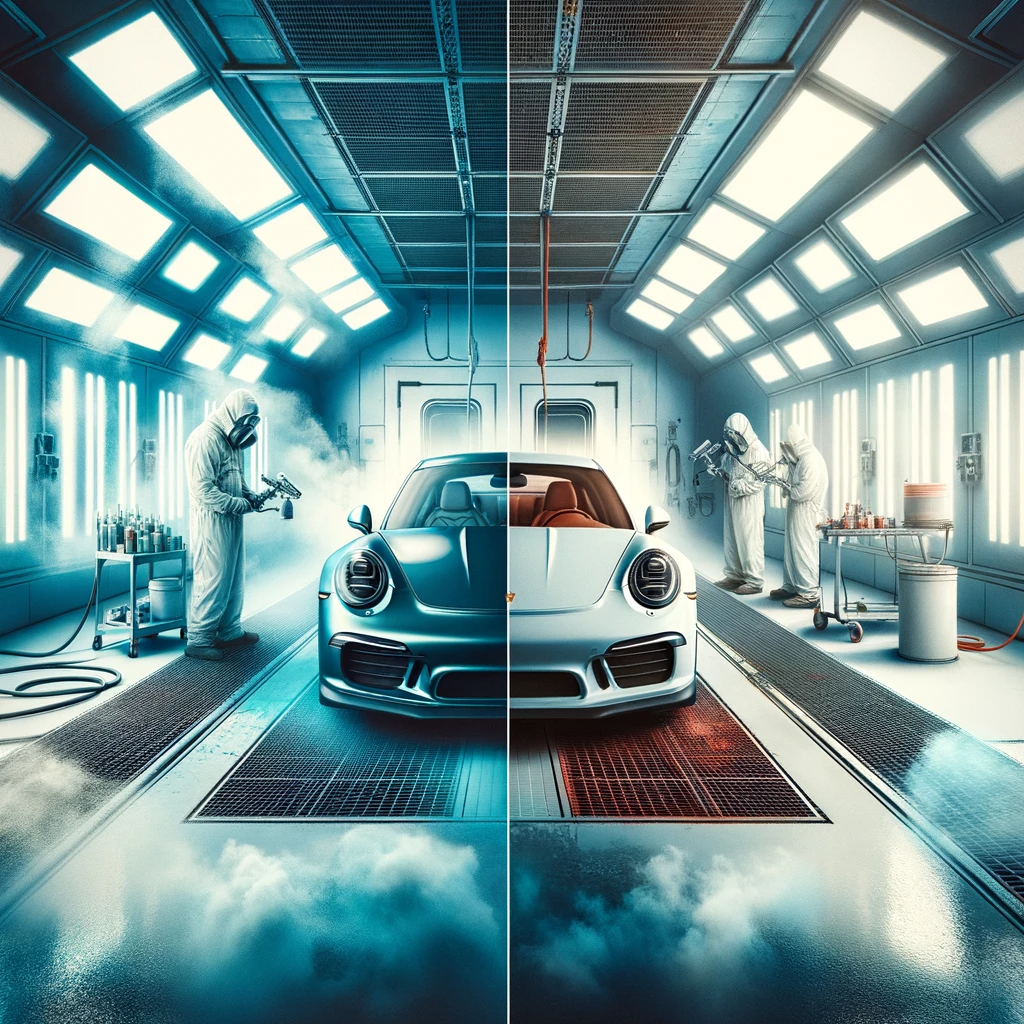Factory-Certified vs. Non-Certified Repair: What You Need to Know
Introduction
When your vehicle is involved in a collision, finding a repair facility to restore it to its pre-accident condition is a top priority. However, not all repair shops are created equal. Understanding the distinction between factory-approved and non-certified repair facilities is crucial to ensuring your vehicle receives the quality it deserves. In this article, we’ll explore the critical differences between these two options and why choosing the right one matters.
The Importance of Certification
Manufacturer-approved or factory-certified repair facilities have earned their distinction through a rigorous process set by the vehicle’s original equipment manufacturer (OEM). This certification implies that the repair facility meets specific standards and requirements established by the vehicle manufacturer. On the other hand, non-certified repair shops lack this formal endorsement and operate without the same level of oversight.
Key Differences
Technical Expertise:
-
- Factory-Approved: Certified repair facilities employ technicians who undergo extensive training and have access to the latest repair methods and technologies specific to the vehicle brand.
- Non-Certified: Technicians at non-certified shops may not have specialized training or access to up-to-date repair techniques for specific makes and models.
Genuine Parts:
-
- Factory-Approved: Certified facilities use genuine OEM parts that are designed to match your vehicle’s specifications, ensuring a perfect fit and performance.
- Non-Certified: Non-certified shops may use aftermarket or salvaged parts, potentially compromising the safety and integrity of the repair.
Quality Assurance:
-
- Factory-Approved: OEMs conduct regular audits and assessments of certified repair centers to ensure they maintain the highest repair standards.
- Non-Certified: Non-certified shops may lack the same level of oversight, making it challenging to guarantee consistent quality.
Vehicle Warranty:
-
- Factory-Approved: Repairs completed at a certified facility often preserve the original vehicle warranty, protecting your investment.
- Non-Certified: Non-certified repairs may void or jeopardize your vehicle’s warranty.
Resale Value:
-
- Factory-Approved: Vehicles repaired at certified facilities tend to retain their value better in the resale market due to the use of genuine parts and quality workmanship.
- Non-Certified: Repairs from non-certified shops may lead to decreased resale value, as buyers may have concerns about the quality of the repair.
Conclusion
Choosing a repair facility for your vehicle is a decision that should not be taken lightly. Opting for a factory-approved or manufacturer-certified repair center ensures that your vehicle receives the highest level of care, quality, and safety. From specialized training to the use of genuine parts and adherence to stringent repair standards, certified facilities offer peace of mind and help protect your investment.
At Mitek Auto Body and Paint, we proudly hold the distinction of being a Manufacturer Certified Collision and a Dealer Preferred Repair Facility for various premium vehicle brands. When it comes to collision repair, trust the experts who meet the exacting standards set by your vehicle’s manufacturer. Your vehicle deserves nothing less than the best.
Mike Tikl
Proud owner of Mitek Fine Autobody & Paint,
Serving Kitchener, Waterloo, Cambridge, Guelph, and the surrounding region since 1980,
Your Fine Car Deserves our Fine Care

